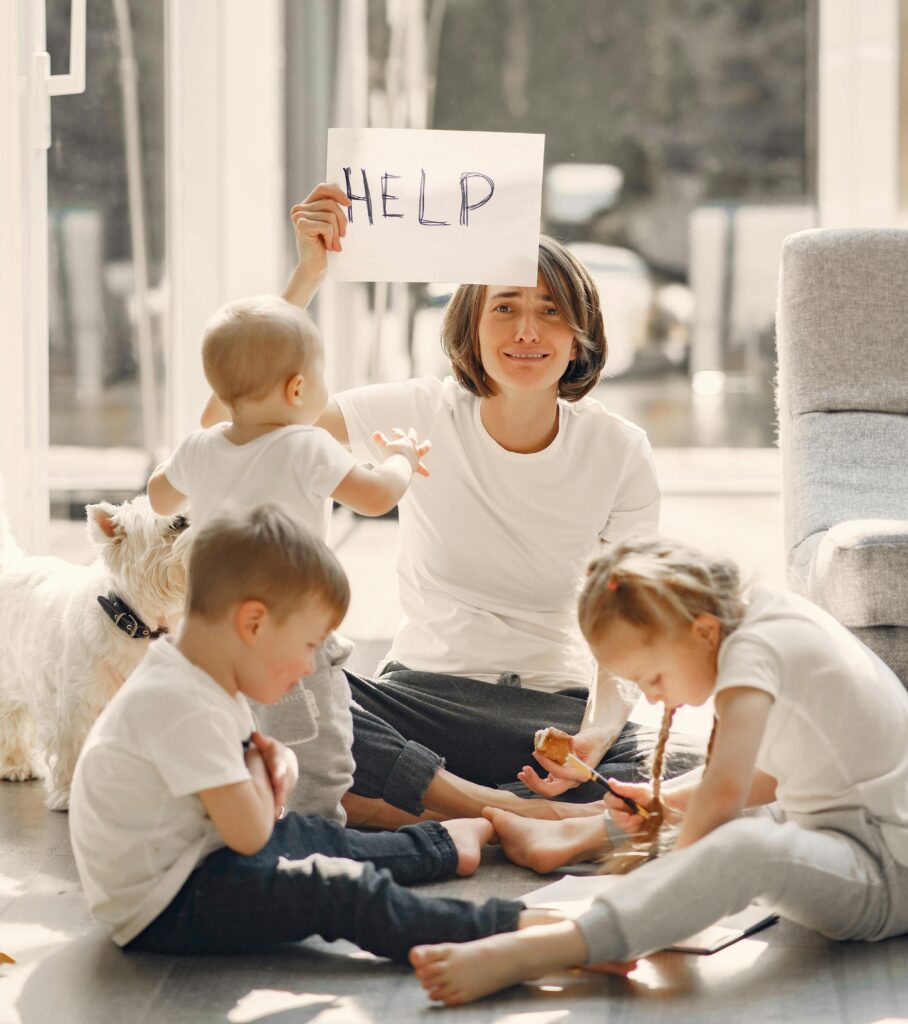Mindful Self-Compassion: Quieting Our Inner Critic


We are often our own worst critics. Whether I am working with high-achieving, “type-A” executives and physicians, overwhelmed parents, or a self-conscious middle schooler, I see so many people criticize and berate themselves for not meeting a goal, for saying something they wished they hadn’t, or worrying about a future performance. Theodore Roosevelt once said that “comparison is the thief of joy.” Not only do we compare ourselves to others, but often the bigger loss of joy comes when we compare ourselves to an internal standard that may feel impossible to reach, leading to self-criticism and eventually anxiety, depression and low self-esteem. Mindful Self-Compassion is a mindfulness practice that is centered around giving compassion and care to yourself. At its heart, mindful self-compassion is non-judgmental and loving. It is not falsely inflating your ego, nor an excuse to dismiss problematic behaviors or choices, but rather It is about giving yourself grace and generosity, particularly during difficult times. It is about recognizing and honoring your inherent value and worthiness of care as a human being. Mindful Self-Compassion can be a powerful self-soothing coping strategy during times of stress, as well as a way to build one’s resilience to better manage future stressors. Founded by Drs. Kristen Neff and Christopher Germer, mindful self-compassion has established a strong body of research support over the past twenty years, helping with resilience building, depression, anxiety PTSD, body image, conflict resolution and more (see Dr. Neff’s website for relevant studies: https://self-compassion.org/the-research/ ). More recently, other clinicians are developing new applications for Mindful Self-Compassion including programs for OCD and infertility.
Mindful Self-Compassion can be incorporated into individual therapy (as I do with patients in my practice) or it can be a part of your personal meditation or mindfulness practice. I often begin by having individuals complete a Self-Compassion test (https://self-compassion.org/self-compassion-test/) to get a sense of where what their current levels of self-criticism and judgment vs self-compassion fall. The experience can be a powerful tool to reflect on the messages we give ourselves and the impact it has on overall well-being, self-esteem, and mood. The next steps include learning about Mindfulness Self-Compassion and exploring the origins behind the person’s inner critic as well as identifying sources of love and compassion. We then proceed to practicing guided meditations. The mindfulness aspect allows for a “pause” between a triggering event and our initial gut reaction to criticize and self-flagellate. Over time, the goal is to lower the volume on our inner critic and change the messages to ones that are more kind and compassionate.
Resources and Further Reading
- https://self-compassion.org/ Dr. Neff’s website, filled with further information about MSC, links to videos and podcast, research, guided practices, training and events
- https://centerformsc.org/ The Center for Mindful Self-Compassion, offers training resources to develop your practice
Books By Kristen Neff, PhD:
- Self-Compassion: The Proven Power of Being Kind to Yourself
- Fierce Self-Compassion: How Women Can Harness Kindness to Speak Up, Claim Their Power, and Thrive
- The Mindful Self-Compassion Workbook: A Proven Way to Accept Yourself, Build Inner Strength, and Thrive (co-authored with Chris Germer)
- Mindful Self-Compassion for Burnout: Tools to Help You Heal and Recharge When You’re Wrung Out by Stress (co-authored with Chris Germer)
Books By Other Authors:
- The Mindful Path to Self-Compassion: Freeing Yourself from Destructive Thoughts and Emotions by Christopher K. Germer and Sharon Salzberg
- Self-Compassion for Educators: Mindful Practices to Awaken Your Well-Being and Grow Resilience by Lisa Baylis
- The Self-Compassion Workbook for Teens: Mindfulness and Compassion Skills to Overcome Self-Criticism and Embrace Who You Are by Karen Bluth PhD
- The Self-Compassion Workbook for Kids: Fun Mindfulness Activities to Build Emotional Strength and Make Kindness Your Superpower by Lorraine M. Hobbs MA, and Amy C. Balentine PhD
- The Self-Compassion Workbook for OCD: Lean into Your Fear, Manage Difficult Emotions, and Focus On Recovery by Kimberley Quinlan LMFT and Jon Hershfield MFT



Recent Comments